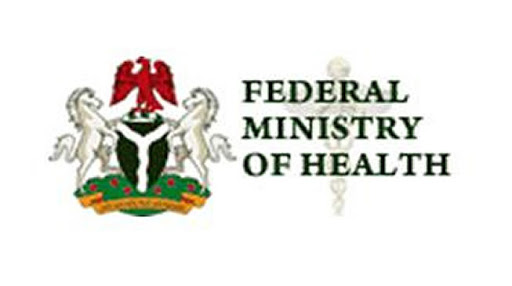By Asmau Ahmad
The Federal Ministry of Health and Social Welfare said to make progress in health outcomes and improve the economic value chain, there is a need to have strategic and accurate data.
The Coordinating Minister of Health and Social Welfare, Professor Muhammad Ali Pate made this known on Monday at a strategic retreat of the National Assembly Health Committees for the development of the legislative health agenda of the 10th National Assembly Health Committees in Abuja.
The two-day retreat organised by the Legislative Network for Universal Health Coverage in collaboration with the Federal Ministry of Health and Social Welfare, the Development Research and Projects Centre, the World Health Organisation (WHO), and other development partners is themed ‘Setting a Legislative Health Agenda towards strengthening Nigeria’s primary health care system and health institutions for UHC and resilience.’
Pate, who was represented by the Director of Planning, Research and Statistics, Dr. Chris Isokpunwu noted that data is critical to knowing how to accurately and strategically budget for the population in the country.
“We want to strengthen governance, improve population health outcomes, focus on improving the economic value chain for health, as well as public health security, and all of these are all galvanised by data, because whatever decision you want to take, if you have the right kind of information and data, coming out from a quality source, then you are likely to get it right.
“The point is that the Federal Ministry of Health is the authentic and authoritative source for health data in the country. So, if you want to quote health data, quote data from the Federal Ministry of Health.
“There are challenges of people quoting data that are not authenticated by the Federal Minister of Health, the ministry is the authority for data repository in the country.
“For example, if you know that 18 per cent of children have not received vaccination, your data would also point to where these children are, so you know how to budget, how to allocate resources and how to target interventions,” he noted.
Also speaking, the Director of dRPC, Dr. Stanley Ukpai said the retreat is an opportunity for the legislators, especially in the health committees to become well acquainted with issues in the health sector.
According to him, the retreat is a form of continuity in the transition process where knowledge is being transferred from the leadership of the last assembly to the present assembly.
“It is a good opportunity to get familiar with some of the issues in the healthcare sector. It is a buildup on the last administration.
“This is a good example of what continuity should be, and as a launchpad for consolidating on the gains that the previous administration has achieved and begin to reduce the indices of things like maternal mortality, neonatal mortality and the rest,” Ukpai stated.


